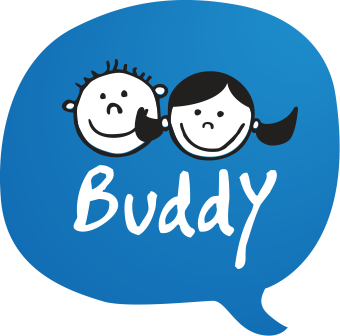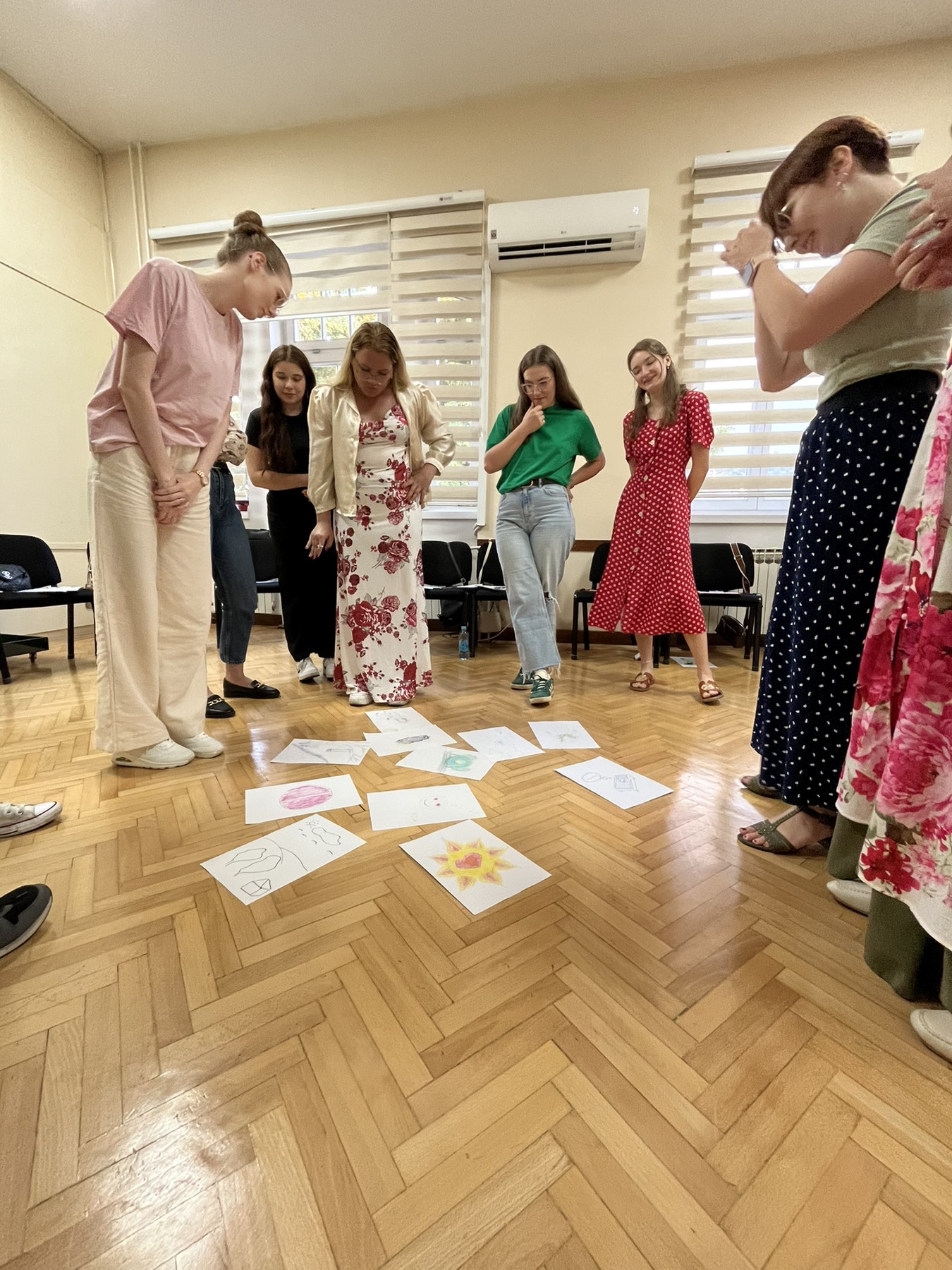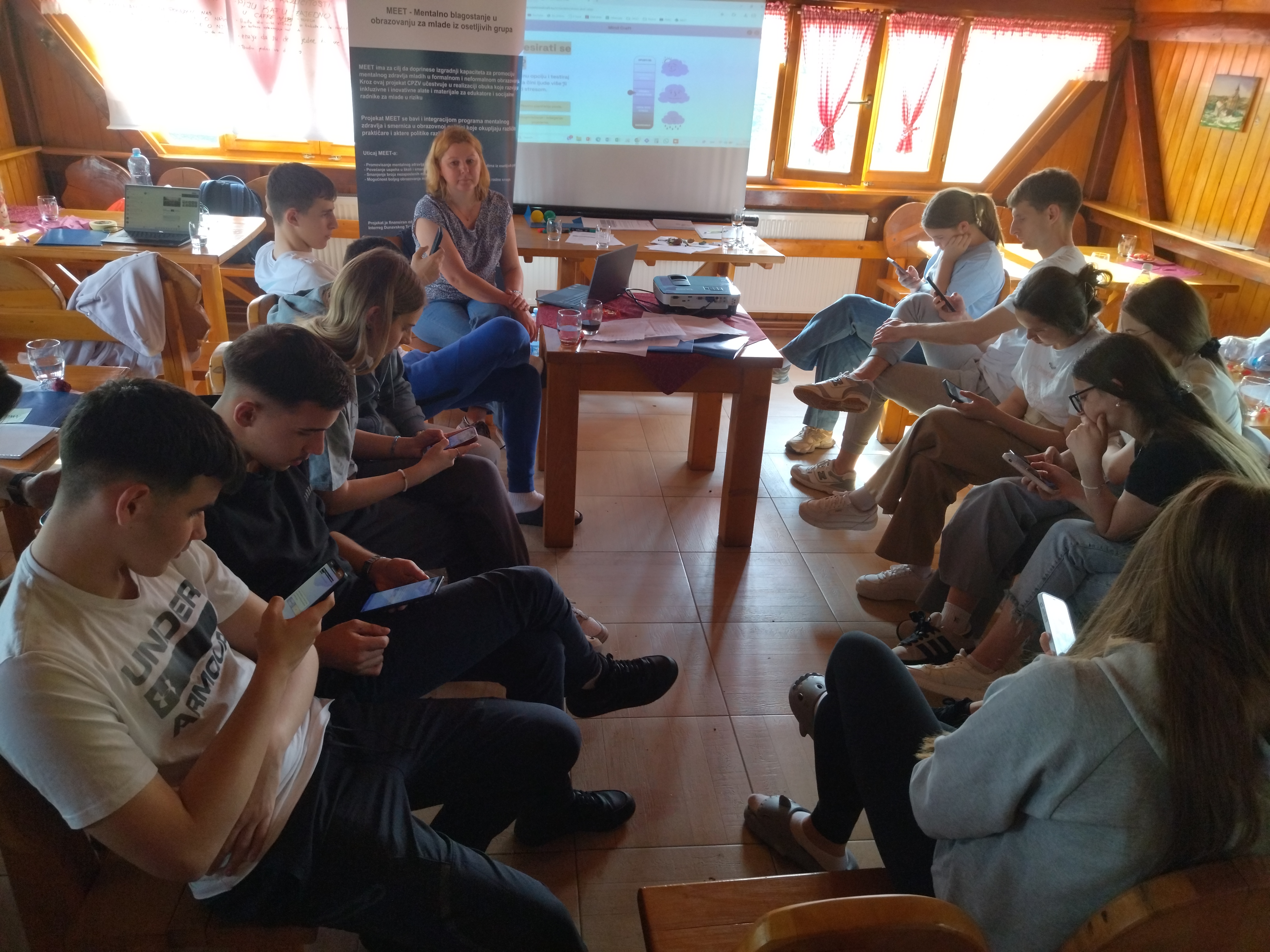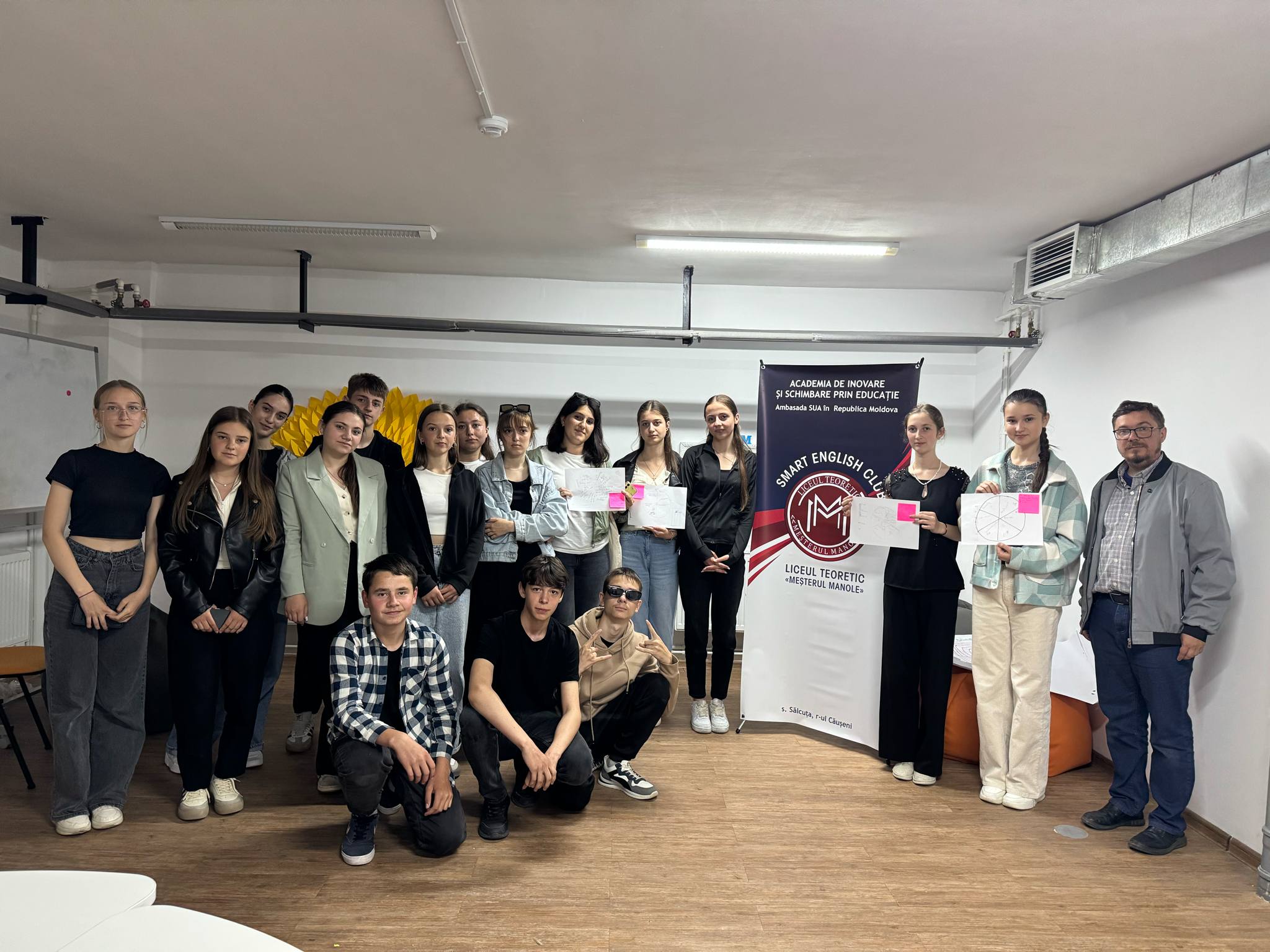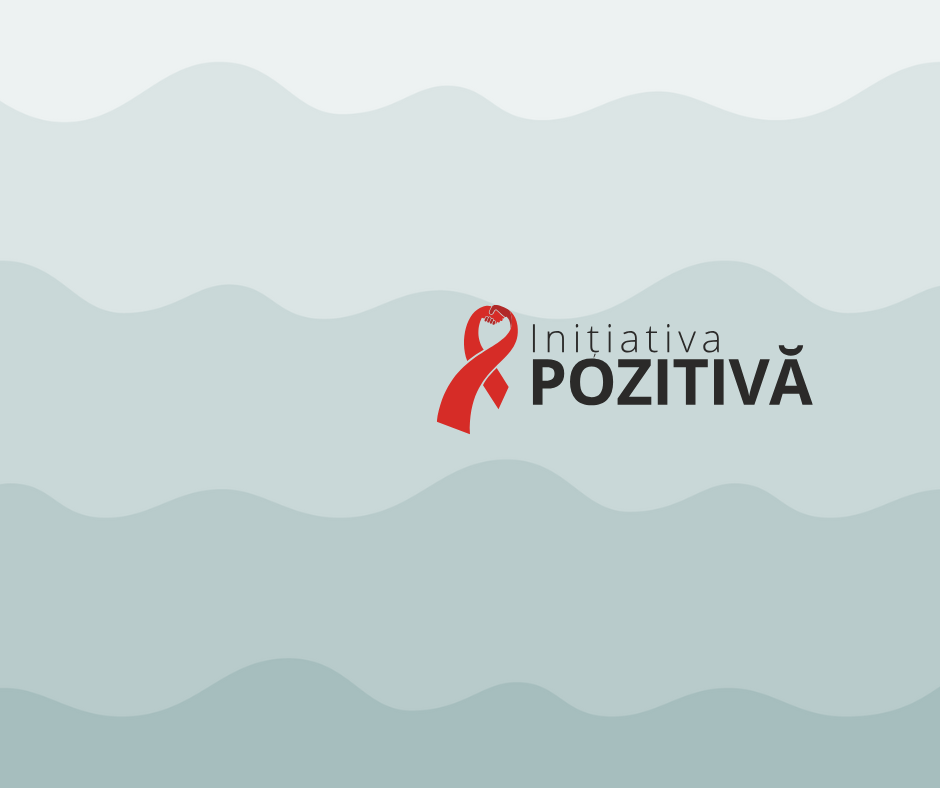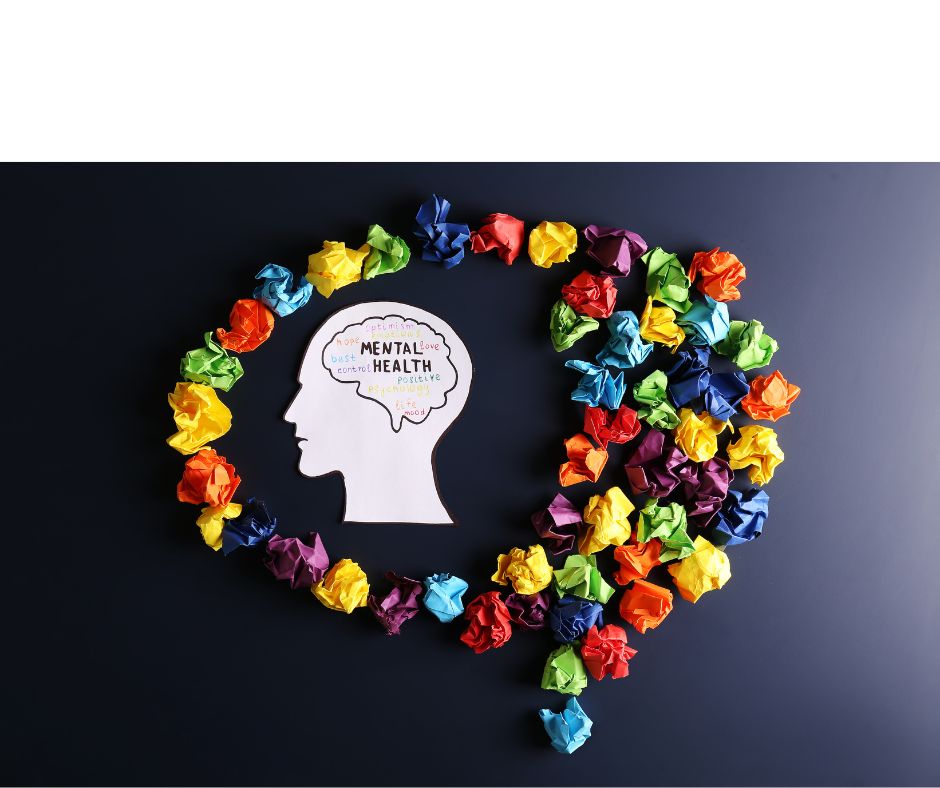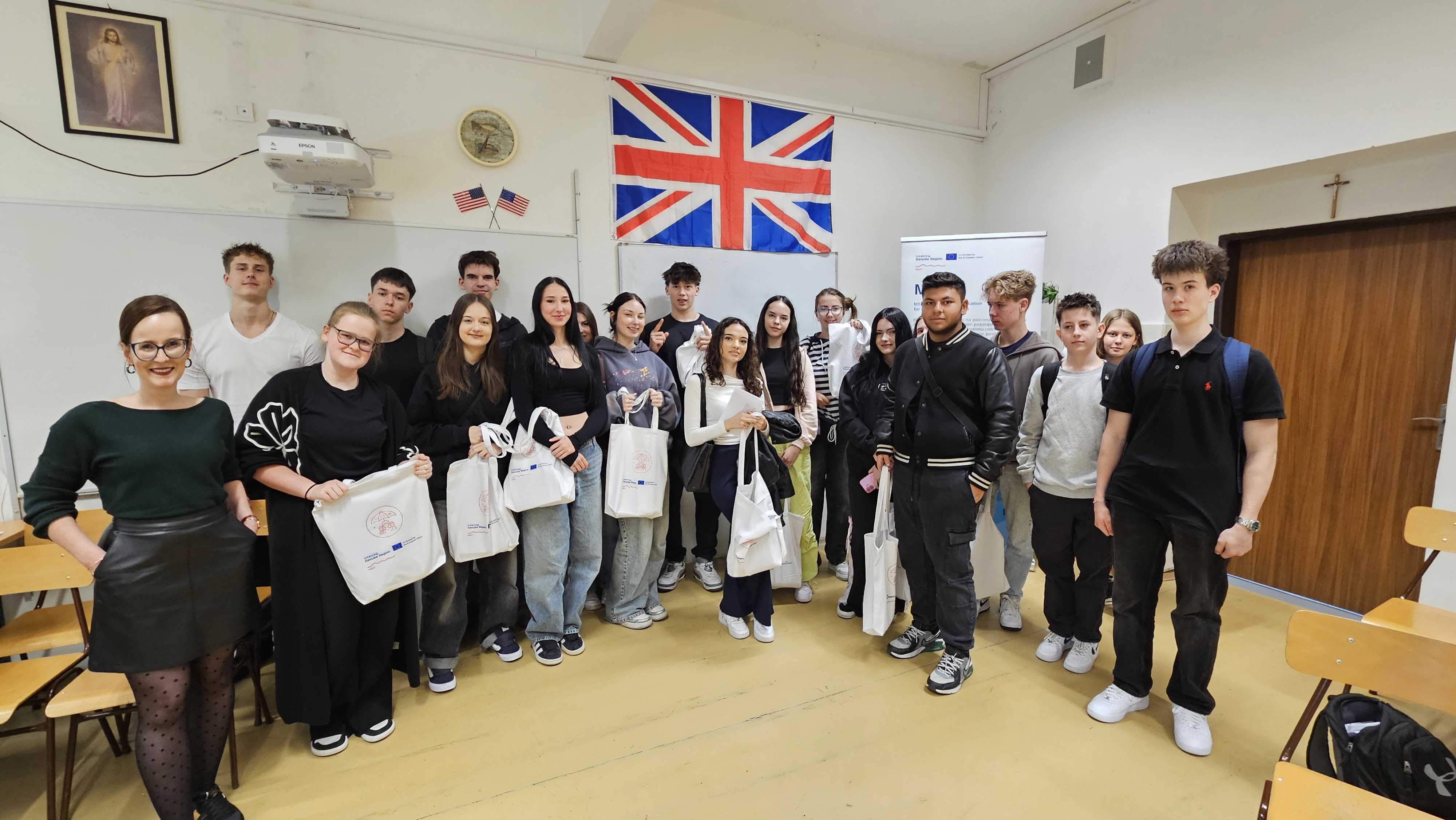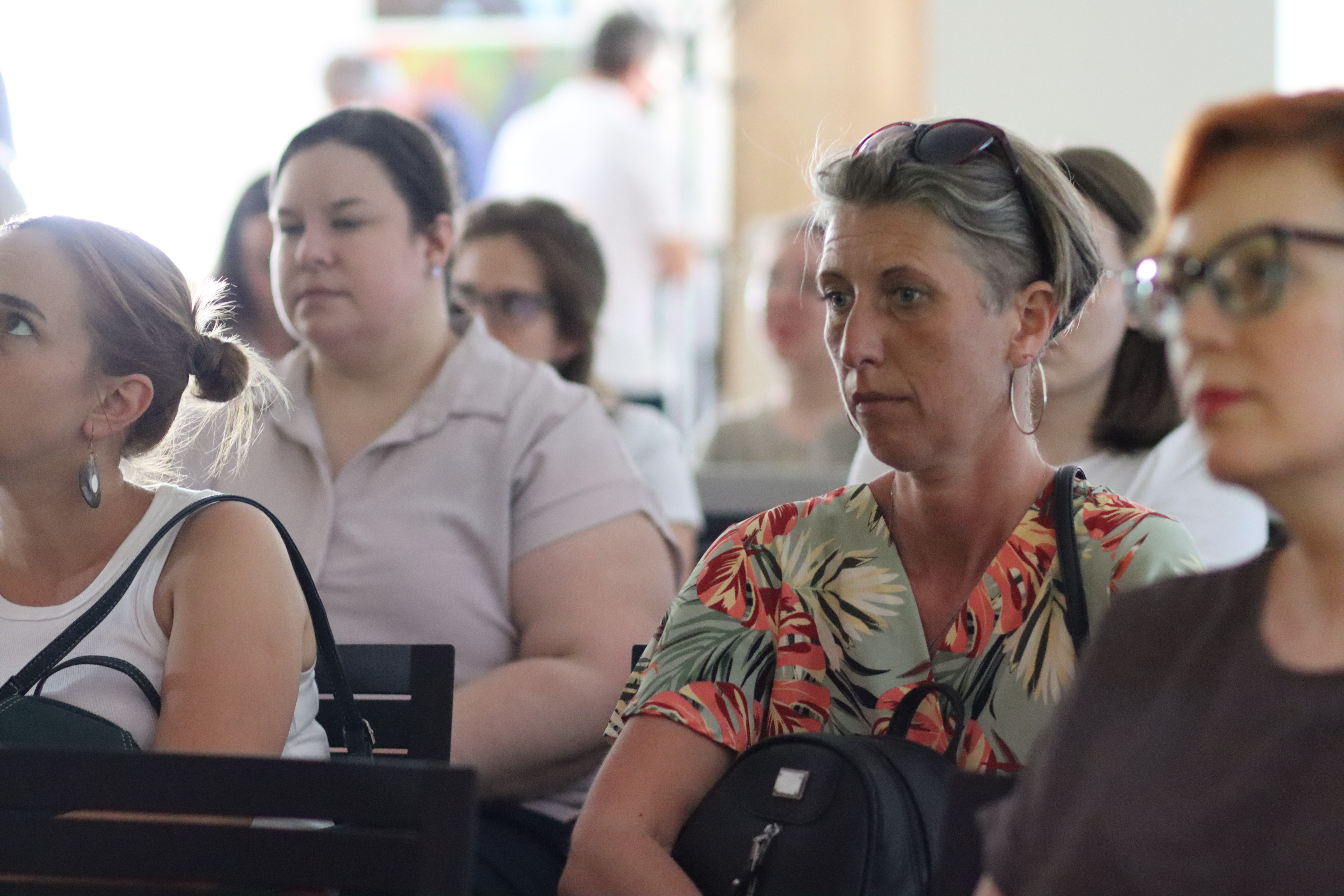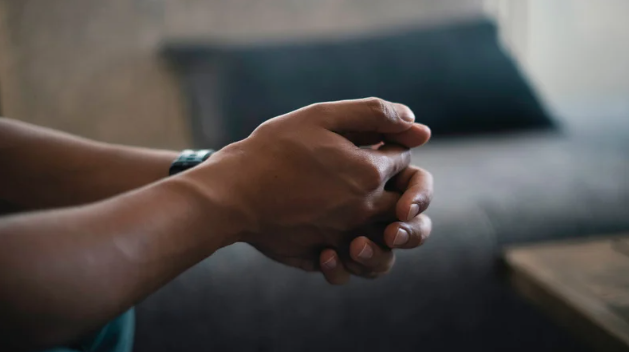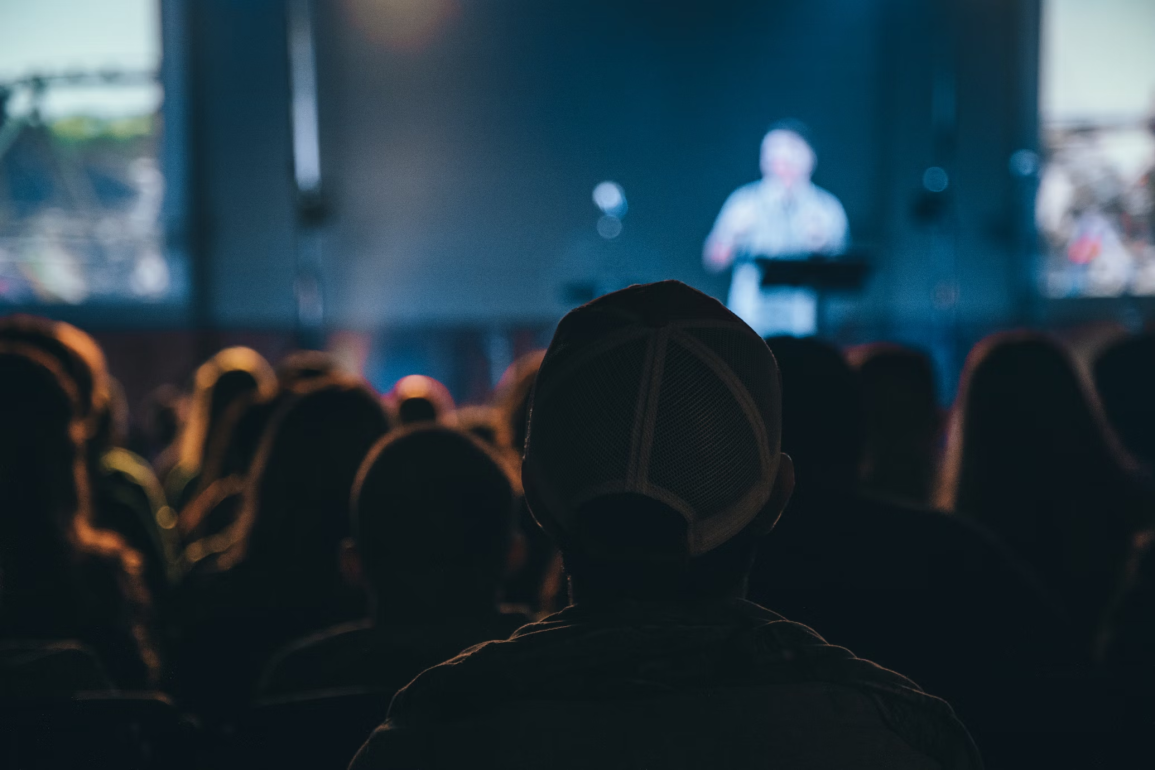ABOUT BUDDY
It is a human right for a child to grow up “in a family environment, in an atmosphere of happiness, love and understanding” (UNHCR, 1989). Yet almost 3,500 children in Slovakia do not grow up in their families but in centres for children and families (formerly "children's homes"). They have many traumatic experiences from their biological families, and institutional care cannot give them what they need the most: a close trusting relationship with an adult who spends time with them individually and is not paid to do so. Once they leave the centres, they often live on the edge of society.
SOLUTION
Program BUDDY supports children and young people who cannot grow up in their own families and complements the foster care system. Program BUDDY finds, selects and connects volunteers with children from children’s centres, and then provides them with continuous expert psychologist support. The volunteer provides the most valuable resource for free - their time. When children spend individual one-on-one time with their volunteer outside the walls of the institution, they can build a relationship based on trust. This relationship is healing and provides the basis for meeting the individual needs of the child and support as they are finding their place in society. Simply “buddying” = being together and growing. Our vision is that every child not growing up in their own family has at least one person they can trust and can lead an independent life with dignity.
Lucia Kossarova (Lucia Kossárová | TvojBuddy) is the co-founder of program BUDDY, founded by her brother Ladislav Kossar (Ladislav Kossár | TvojBuddy) in 2006.
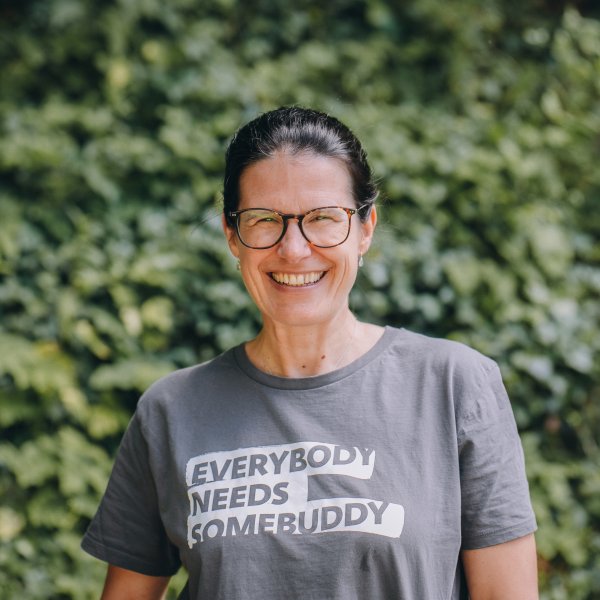
What do you think are the key elements or principles that make your practice successful? How do you ensure it remains relevant and impactful for youth?
BUDDY is evidence based and applies the scientific principles of attachment theory, an internationally recognized diagnostic and treatment approach for traumatised children growing up in dysfunctional families.
There is extensive evidence that children growing up in institutions fail to develop secure attachment and about the inappropriateness and detrimental effects of institutional care on children - e.g. physical, cognitive, emotional, behavioural and social problems in life. Staff in children’s homes are paid to care for the children, prioritise safety and physical needs, rather than meeting the psycho-social individual needs of the child and addressing their traumas, which are essential for a successful transition into adulthood. Institutional care cannot give them what they need the most: a safe, caring and accepting relationship with an adult whom they can trust and rely on. Someone who regularly spends time with them over many years, supports them and is not paid for the care they provide. Most of teenage children above age 12 are not adopted or placed in foster families, yet could still develop such a safe healthy relationship that BUDDY offers.
We have been asked many times to find a BUDDY volunteer for children and young people in challenging family situations as well, so we are starting to explore this area. As we strengthen our organisational and financial capacities, we hope to help many more young people in need of a supporting adult by their side.
What were some of the biggest challenges that were faced in developing, running or engaging youth with this practice? How did you overcome them?
Children and young people growing up in foster care homes are eager to engage in the program and have their BUDDY volunteer. 😊
Instead, our challenge is finding enough responsible, motivated, kind, empathetic and stable volunteers who are able and willing to commit to a young person over an extended period (minimum 3 years, ideally until the young person becomes independent). Every year we have about 200 applicants and about 20 (10%) successfully pass our selection process and become BUDDY volunteers.
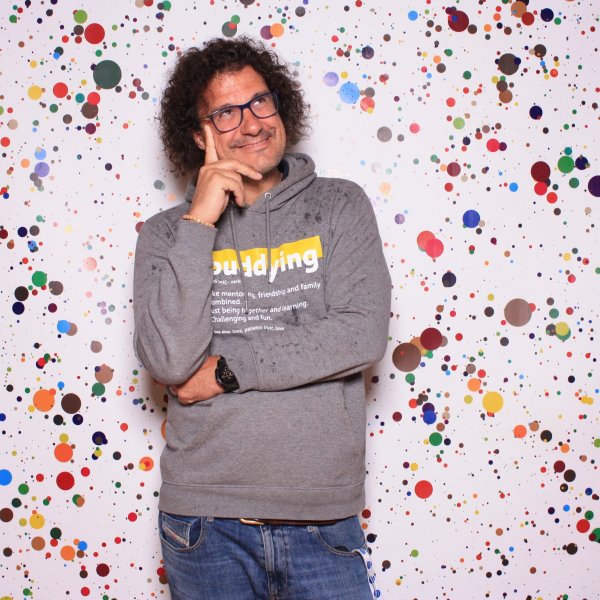
Could you please share a success story or impactful moment from your work that illustrates the power of the BUDDY Programme?
Our experience and data show us that these children and young people need love, attention, support, safety and certainty, trust, acceptance and stability. At the same time, they need a friend. They need to strengthen their self-esteem and self-confidence. They need help with emotional regulation, motivation, their addictions, or with learning to be reliable and independent. They also need help with financial literacy, finishing school, and finding accommodation and a job. It’s a lot.
We care about real measurables outcomes for children, and we know from our data that BUDDY is changing the lives of not only the children, but also the volunteers and our community.
In 2016 we were helping a bit more than 50 children from five Centres for children and families. In 2024, we reached over 200 children in over 20 towns across Slovakia. All these children have met their BUDDY volunteer for the first time and started their life changing adventures – a healing journey on which they learn to trust themselves and adults again, and one day can lead an independent life with dignity.
The longest active BUDDY relationship is over 10 years. Results of an independent evaluation by Applied Research Consulting in 2018 found that BUDDY creates and maintains strong relationships, which then enable the child’s development.
Answers from our regular annual questionnaires from children indicate that BUDDY works and delivers impact across many areas: Children and young people’s mental health outcomes are improving - they are feeling less lonely, learning to trust adults again, they are calmer. They are more in touch with their emotions, their behaviour is improving, they are more motivated, confident, resilient and satisfied in life. They are gaining a different perspective on life situations, improving at school, financial literacy, or learning how to live a healthier life, communicate their needs better, resulting in more stable relationships, increased ability to find and keep a home and a job. Children are gaining a safe and trusted adult in their life who stands by them, guides and supports them in all areas of their life.
Nearly all the young people in the program have stable housing and most are at school or working. Many children have said that since having a BUDDY volunteer, everything in their life has changed.
Our data also shows that the program also benefits the volunteers by giving them a continued opportunity for self-development. Volunteers report that they gained a new perspective on life, new experiences, met incredible people outside of their “social bubble”. Most importantly, they deepened their humility, patience, tolerance, empathy, and gratefulness.
The program connects worlds that would otherwise not meet (donors, experts, volunteers, children and wider community of friends and supporters), reduces inequalities by improving the opportunities of the vulnerable, as well as empathy and tolerance in the society. BUDDY has not only strong humanitarian principles but high social returns on philanthropic “investment”: every child that has a job and home contributes as opposed to costing the society further social and economic costs, as many young people without a BUDDY end up without a home, unemployed or involved in illegal activities.
In 2022 we also ran a survey with all our financial supporters. One of the main reasons they support the program is because they think it is an innovative solution with real positive impact on the lives of the most vulnerable children. They trust our work and like our approach. All of those who responded would recommend the program to others.
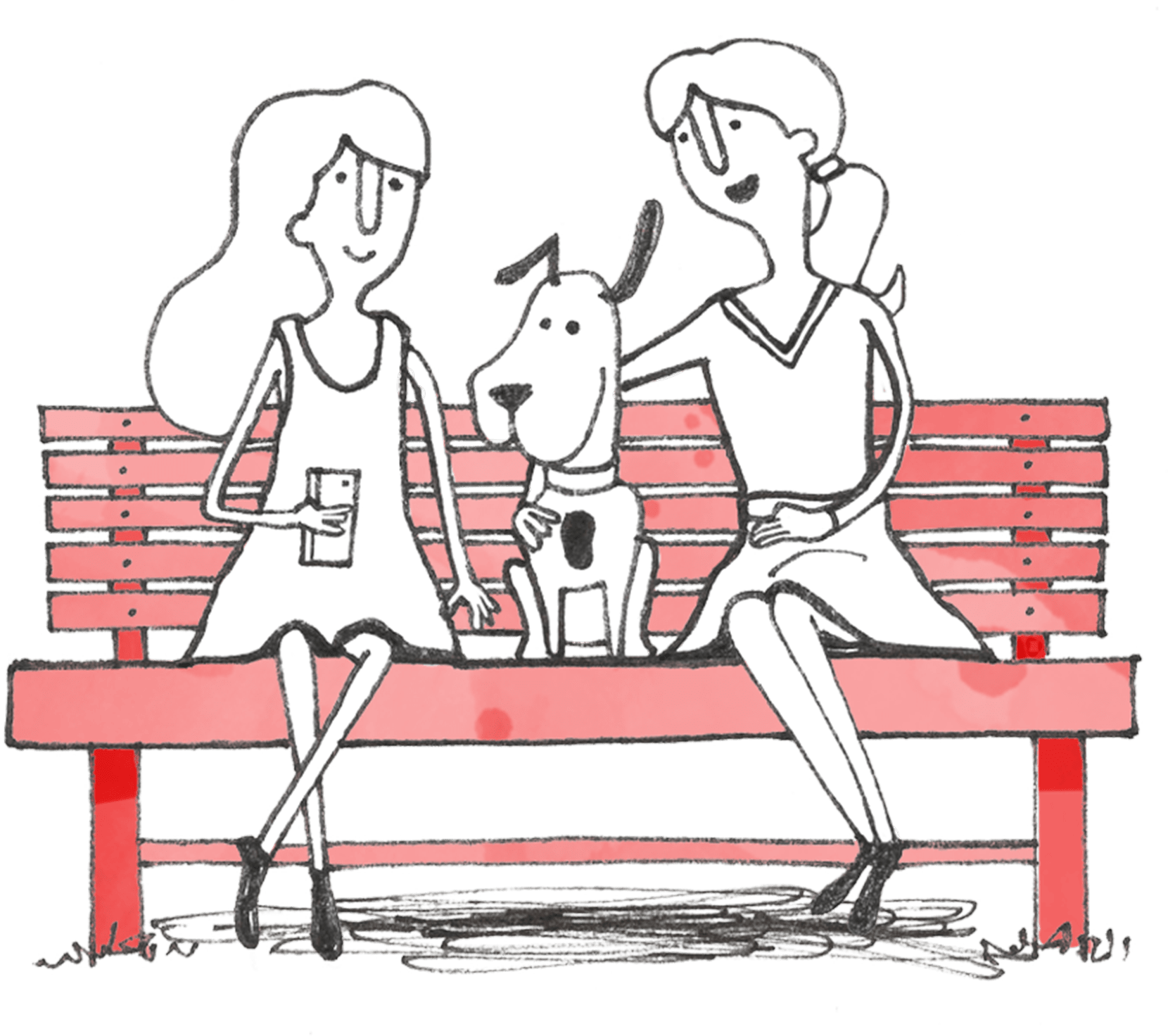
What have your experience and work with the programme BUDDY taught you is the most important thing for people working with youth to keep in mind when addressing mental health?
The importance of simply being there for the young person, truly listening to them, letting them express their thoughts and emotions, respecting their choices (even if we do not agree with them) and accompanying them on their journey. There is no need to always do something, say something or try to fix it for them. Simply spending time with them, accepting them for who they are and acknowledging their feelings is what they need the most to find their way forward. Something that is much easier said than done, but certainly possible. 😊 And also, that in this context one has to be aware of their own emotions, thoughts, behaviours and wellbeing, and ensure that we take good care of ourselves so we can be there for the young person.
If you had a magic wand and there was one change you could make globally today to improve youth mental health, what would it be?
I wish for all children and young people to have at least one close person (a family member, friend or mentor) with whom they can share their thoughts and feelings. A person they can trust, rely on as they are growing up. Because we all need someone by our side, because “everybody needs somebuddy”. 😊

What message or piece of advice would you give to young people about maintaining good mental health based on your experience?
We all have doubts, fears, feelings of inadequacy or loneliness, regardless of our age. It does not matter what situation you are in, remember that you are not alone and certainly many other young people are experiencing something very similar. So, reach out and share with them your challenges. The moment you do so, things will become half as difficult, as you are not alone to face them. Equally, you may be this one important person to someone else.
Every day is a new day, a gift. An opportunity to learn about ourselves and others. To accept ourselves as we are. Love and compassion for ourselves helps us being more caring and compassionate to others. Enjoying the beautiful moments and embracing the challenging ones is the beauty of life. The ability to dance in the rain. Some days we do better, others not so well, and that’s ok, forgive yourself. It’s part of the journey through life. Remember, we are only human 😉
Every day is a cumulation of many little moments and in all of them we can find joy – spend some time with your classmates, friends, family or mentor. Learn something new, play and move around, try to eat well, spend some time in the nature and rest. It’s a gentle imperfect balance and at the end of the day you can simply say you did your best, thank for the day and welcome the next one.
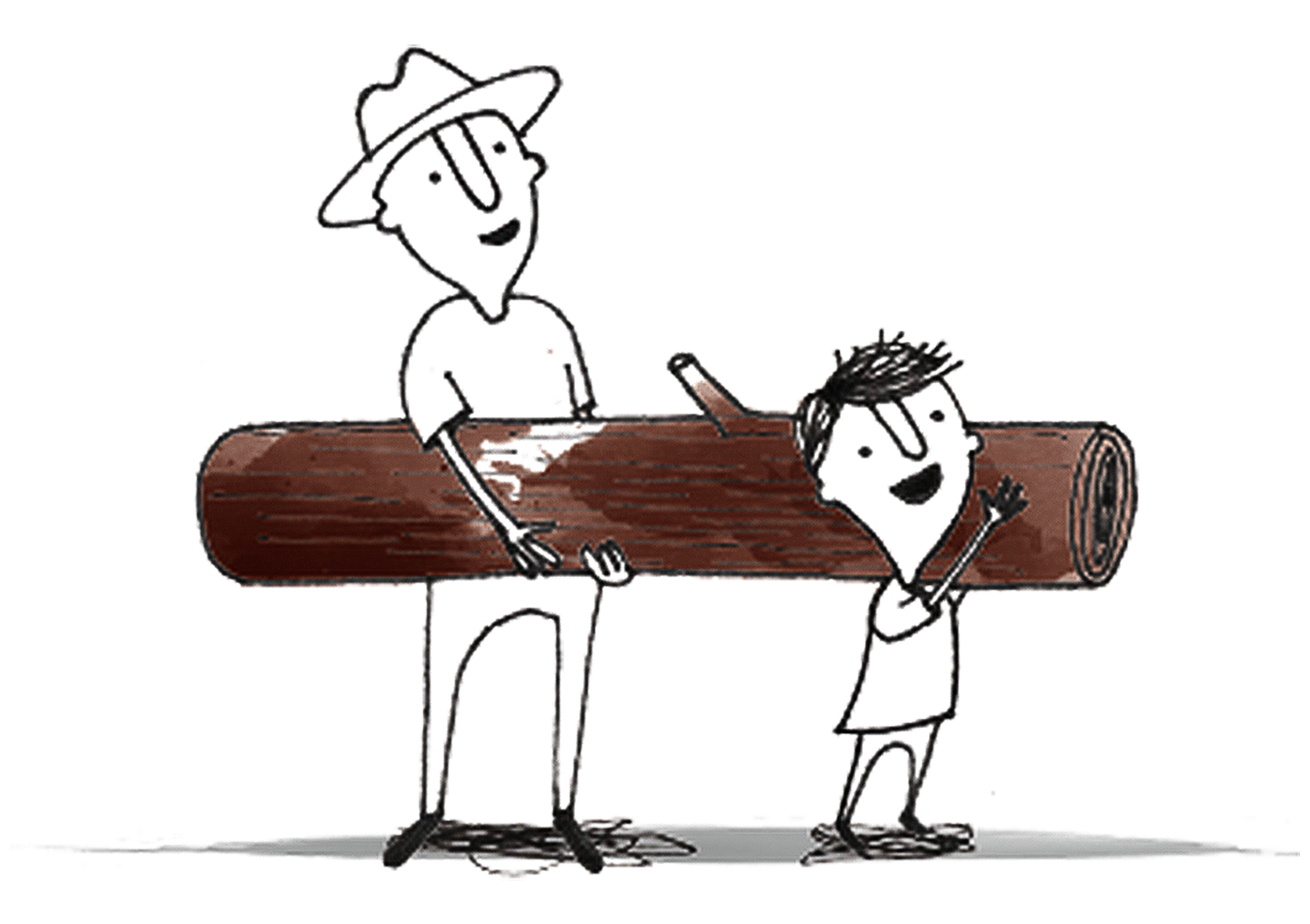
News & Events
Read the most recent updates and explore the upcoming events.

